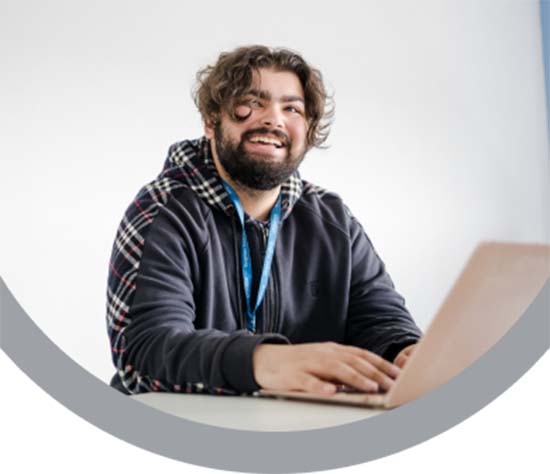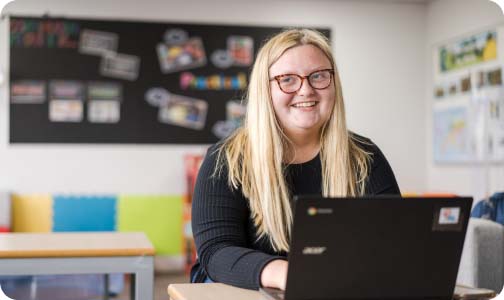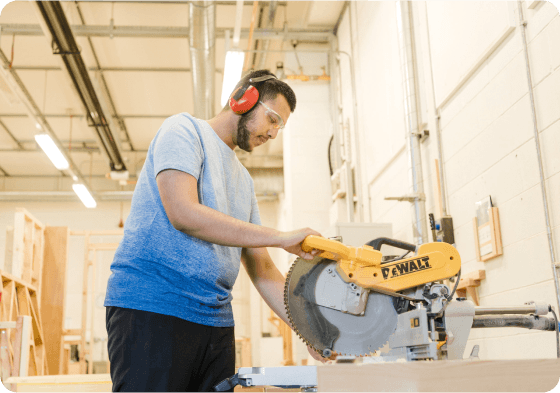

T Levels are post-GCSE qualifications combining classroom learning with industry placements. Look towards the future of your business by supporting students to learn within your industry.


T Levels give you another way to supplement your workforce. Launched in September 2020, they offer 16 to 19-year-olds an alternative to A Levels and the chance to acquire real-life vocational experience through industry placements.
Students study one T Level, specialising in their subject and spending 80% of their time in the classroom – gaining the knowledge that will help them in their future career. The remaining 20% is spent on an industry placement, embedding that knowledge and developing real-world skills that will benefit them (and you).
As an employer, you’ll gain an enthusiastic employee you can train in specific areas to benefit your industry. Not only will you have an ‘extra pair of hands’, you’ll also be shaping the future of the younger generation.
By offering a T Level placement to one of our students, your organisation will:
Each placement is designed to last a minimum of 315 working hours to ensure students receive the experience and training they need. It’s up to you how you split this placement, depending on the needs of your business and what will best help the student to embed their knowledge.
The placement could be one day a week across 45 weeks, or you could take the student on for one placement of 45 days/9 weeks, or it could be a mix of both. Our team will be able to advise you on how to decide this.
During the placement, you will support the student to work on real-life projects within your workplace. You can consider:

Consider the skills gaps that currently exist in your industry and what you’d like to see more of in your job applicants – bear in mind that you may not hire this student directly after their studies, but they may strengthen your recruitment pool in the long term.
T Levels are designed with employers, so that you know your skills will be valued by businesses in the future. This practical exposure looks great on your CV, improves your employability and gives you valuable insight into how the industry works. You may also build a professional network and meet people that could help your career in the future. Some employers even hire their T Level placement students after they’ve completed their studies!